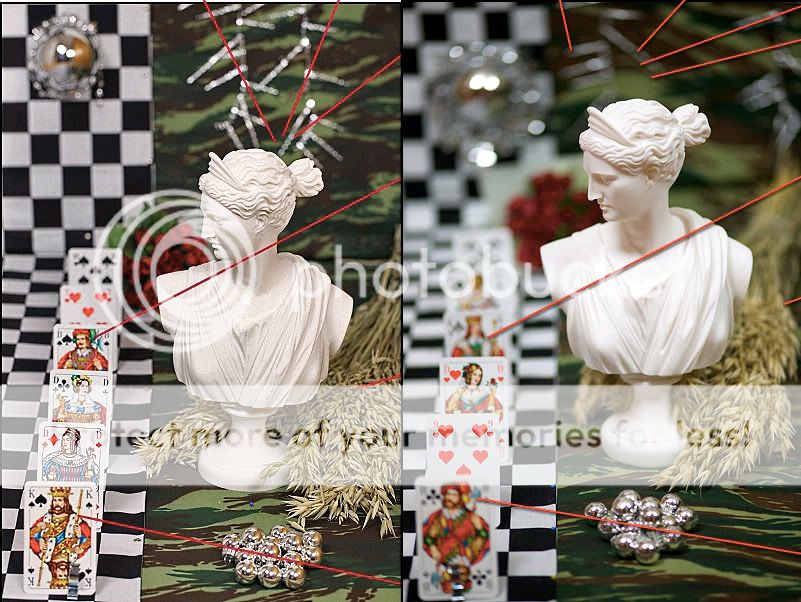This is what they mean by micro-contrast?
scroll down to the section called "Bokeh" for both of the following links
http://www.photozone.de/canon_eos_ff/508-zeiss100f2eosff?start=1
http://www.photozone.de/canon_eos_ff/458-canon_100_28is_5d?start=1
i'm very impress by what the zeiss lens delivered
by comparing the statue , you can see that the zeiss lens manage to capture alot of fine detail. even though it is a 1:2 macro lens as compared to the canon's 1:1 macro lens
i've head about zeiss supporters talking about how good zeiss lens are
and i've heard people used the term "micro contrast"
is this something only zeiss lens can deliver while other lens cant?
scroll down to the section called "Bokeh" for both of the following links
http://www.photozone.de/canon_eos_ff/508-zeiss100f2eosff?start=1
http://www.photozone.de/canon_eos_ff/458-canon_100_28is_5d?start=1
i'm very impress by what the zeiss lens delivered
by comparing the statue , you can see that the zeiss lens manage to capture alot of fine detail. even though it is a 1:2 macro lens as compared to the canon's 1:1 macro lens
i've head about zeiss supporters talking about how good zeiss lens are
and i've heard people used the term "micro contrast"
is this something only zeiss lens can deliver while other lens cant?



